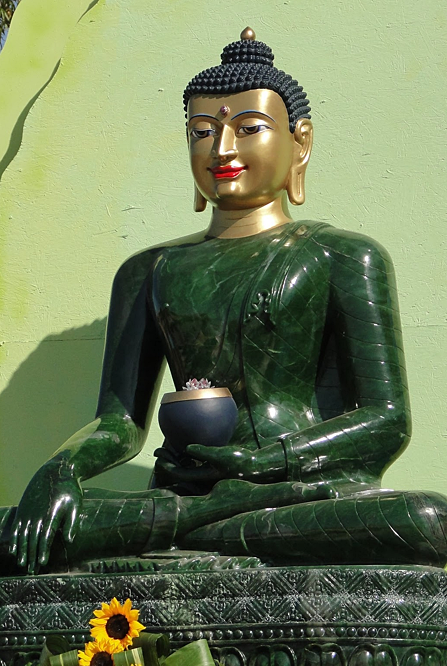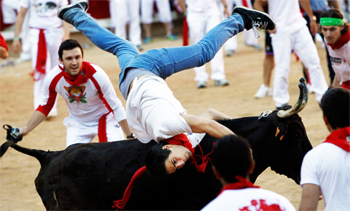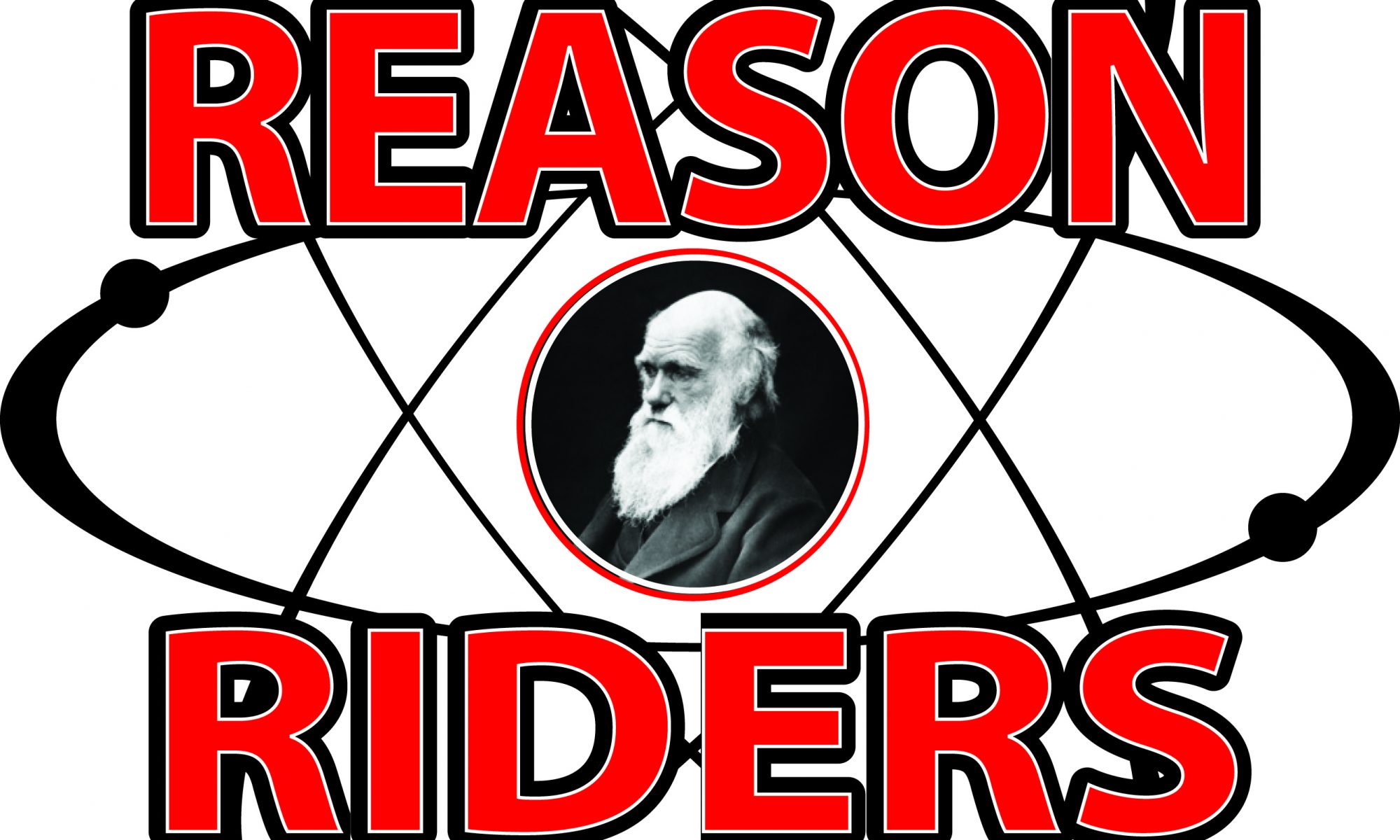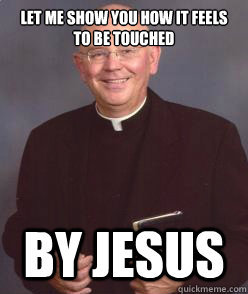… which sparked a volley of thoughts on the subject of men and women, and our underlying humanness:
Lydia, I see all living things as pyramids. The tiny capstone of each pyramid is your own individual self, but the lower levels, which occupy a much larger part of us, are NOT specifically you. They’re all this older stuff with which evolution has gifted us.
For instance, your elbow, which you think of as human and YOU, is nothing of the sort. It’s an elbow so old that chimpanzees have it, raccoons have it, alligators have it, salamanders have it. Ditto for so much else of us. The fact that we share more than 98 percent of our genes with chimps implies that there is very little of us that is specifically our individual selves, or even specifically human.
I separate our traits into “humany” traits and “beasty” (not “beastLY”) traits, and it seems to me self-evident that most of us is beasty.
For the most part, we are beasts. It’s only a little bit of us that’s human. Which would mean, if you expressed the idea in terms of gender, that all men DO share certain common traits that undergird their own specific individual natures. Men are, literally, beasts (the same would be true of women), with most of our livingness, our selfness, run by equipment and software arising out of a billion-year-plus development program.
Of course I think we should strive not to act solely like beasts. Otherwise we cheat ourselves out of discovering the full range of our natures. We create a beasty civilization and relationships rather than something more fully human.
My conjecture about the whole thing is this: To be fully human, you have to occupy and indulge both your beasty nature AND your humany nature.
Humany traits include such things as reason, speech, creativity, imagination and compassion. A VERY humany trait is the desire to be an individual.
Beasty traits include things such as reproduction and fighting, eating and sleeping – not to mention wallowing in all our mad passions. A VERY beasty trait is the desire to find your place in the herd, to follow and be ruled or to lead and dominate.
You have to read, and think, and make music, and build things, and learn to give love to others, in order to express your humany self. But you have to run and climb, eat and fight and fuck and wallow, in order to express your beasty self.
There’s a balance between the two. Given that we are humans, that balance should ideally come down on the humany side. To me, being as humany as possible seems highly desirable. The problem is that beasty stuff comes automatically to us, humany stuff with much greater difficulty.
It’s much easier to pick a fight, or to run from one, than it is to argue with another person in calm and objective reason. It’s easier to rape than to love, easier to bully than to protect, or to create a relationship of equals. Easier to give orders, or to take them, than to think about what will result if those orders are followed without question.
Soldiering is a beasty profession, teaching and helping is a humany profession. It’s easier to join the military and march around threatening people with weapons than it is to do the hard work it takes to revive a neighborhood, or to rescue people from poverty, or teach children to read. (Whoever came up with the term “humanitarian” or “humanism” knew this implicitly.)
I suspect it’s why soldiers and cops, prison guards and airport security types – but also lawyers and elected officials – are rarely highly intelligent, compassionate, creative and philosophical types. The professions select automatically for thugs and bullies and alphas, and a special effort has to be made to filter out the more dangerous of those seeking the jobs.
It’s also why kings and emperors have outnumbered democratically elected leaders throughout human history, and why third world countries more easily transition into dictatorships than into democracies. Democracy, that very human invention, takes forbearance and EFFORT.
And again, it’s also why there are scores of huge monuments to war and death in Washington DC, but not one single memorial to conscience or whistle-blowing or principled resistance. We have difficulty even recognizing that conscience and resistance is heroic, or that it can be harder than following along and killing or dying.
Finally, a subtle consequence of all this, important to we atheists:
Science, that rational and creative and questing adventure of the mind, is almost purely humany.
Religion, that practice of leading and following, ordering and threatening, harvesting and control of others, accompanied by as little questioning and thought as possible, is almost purely beasty.
 I’m okay with Buddhists, generally. But guys, really? A statue of Buddha (there are a few around, in case you don’t know) was the best the human race could come up with for the largest single piece of jade ever discovered?
I’m okay with Buddhists, generally. But guys, really? A statue of Buddha (there are a few around, in case you don’t know) was the best the human race could come up with for the largest single piece of jade ever discovered? To those who argue that Buddhism is not a religion, here’s at least one counter-argument. This bit is pure religion:
To those who argue that Buddhism is not a religion, here’s at least one counter-argument. This bit is pure religion:













